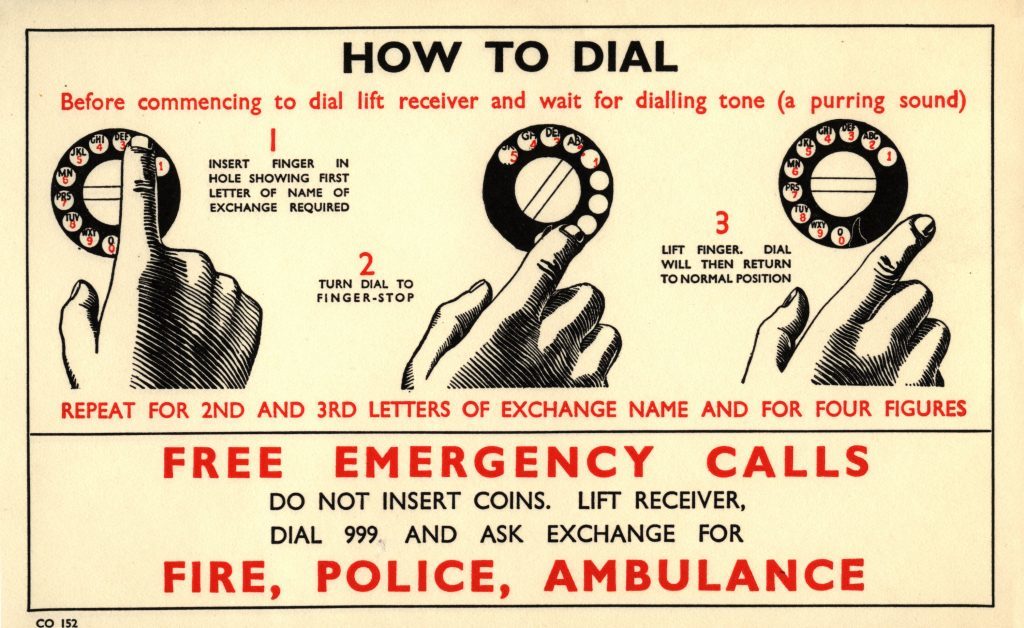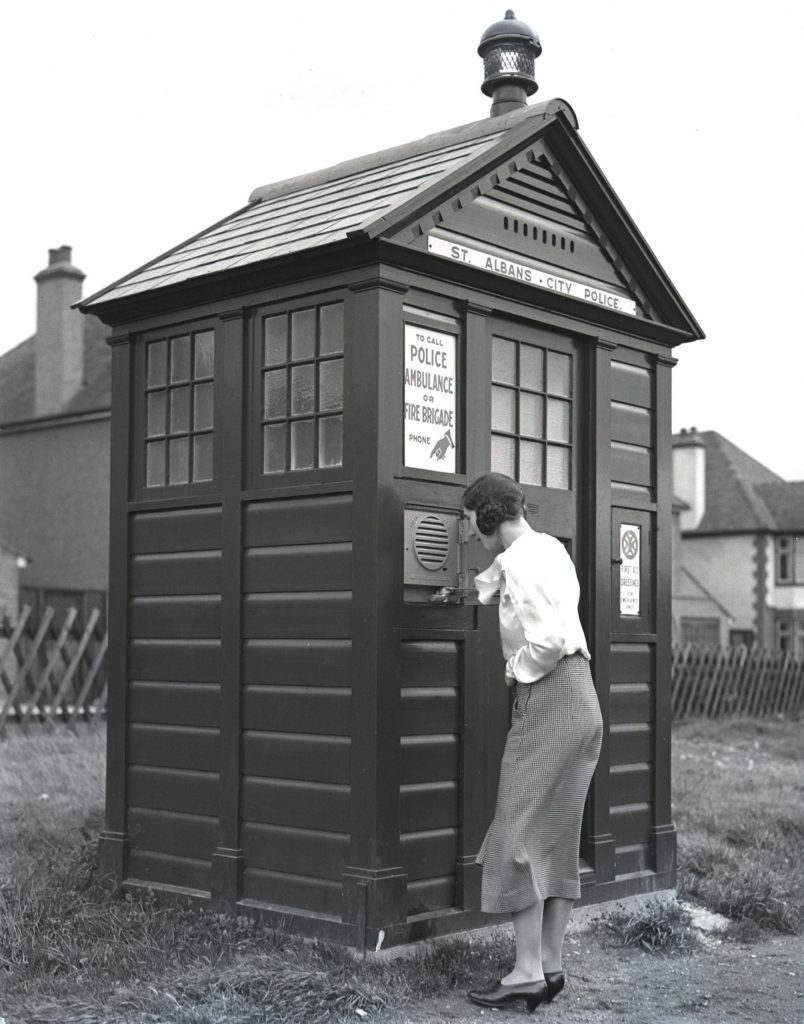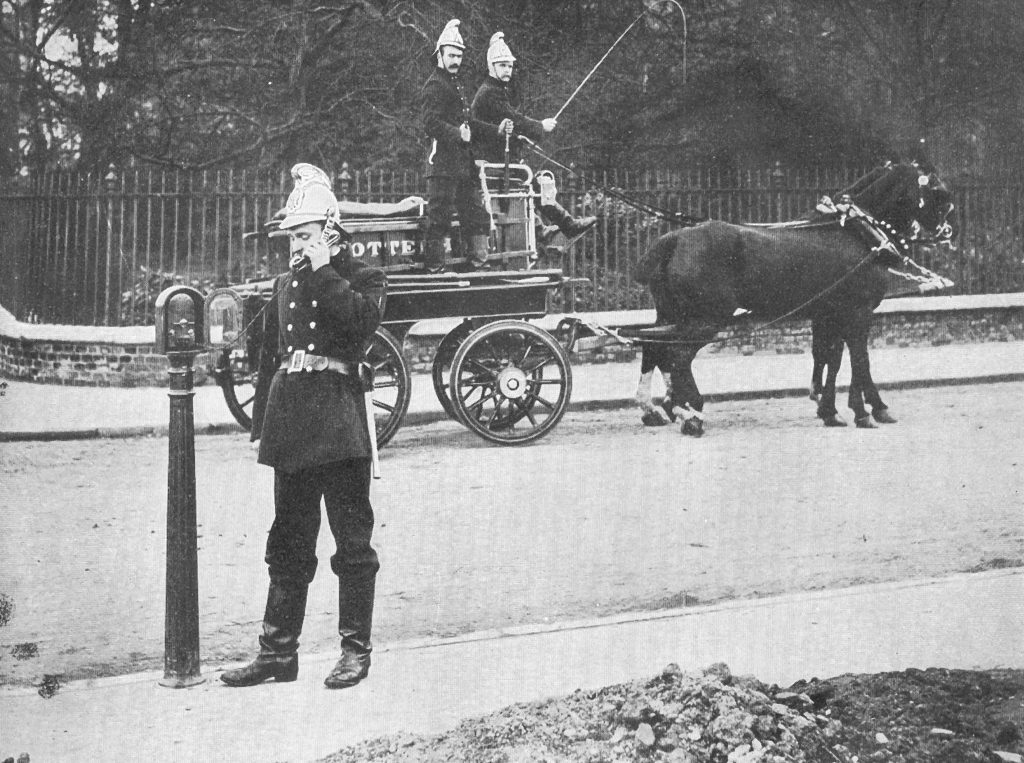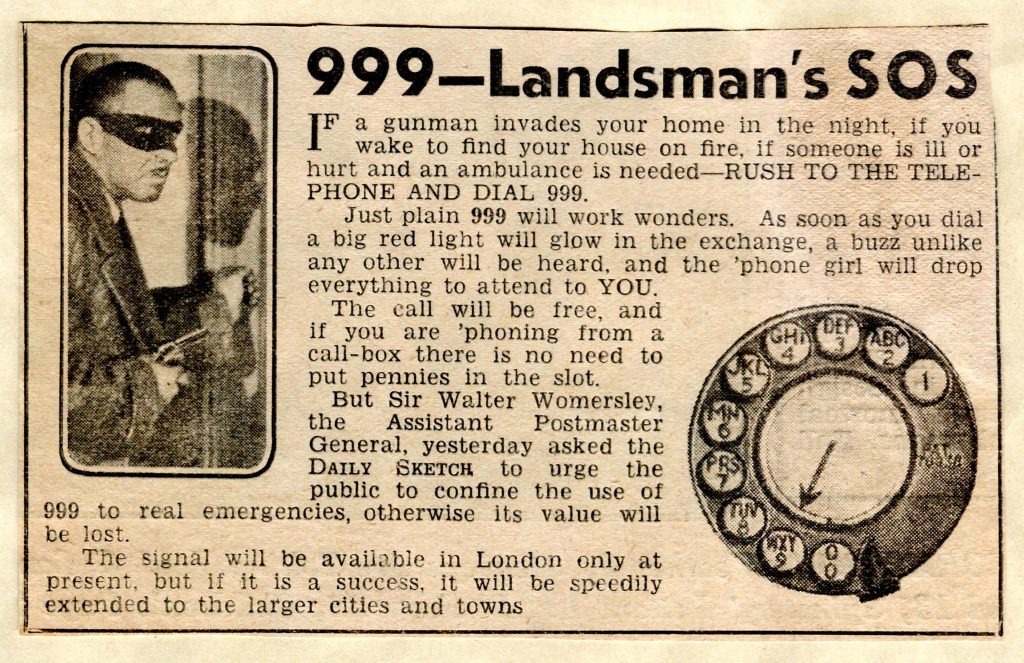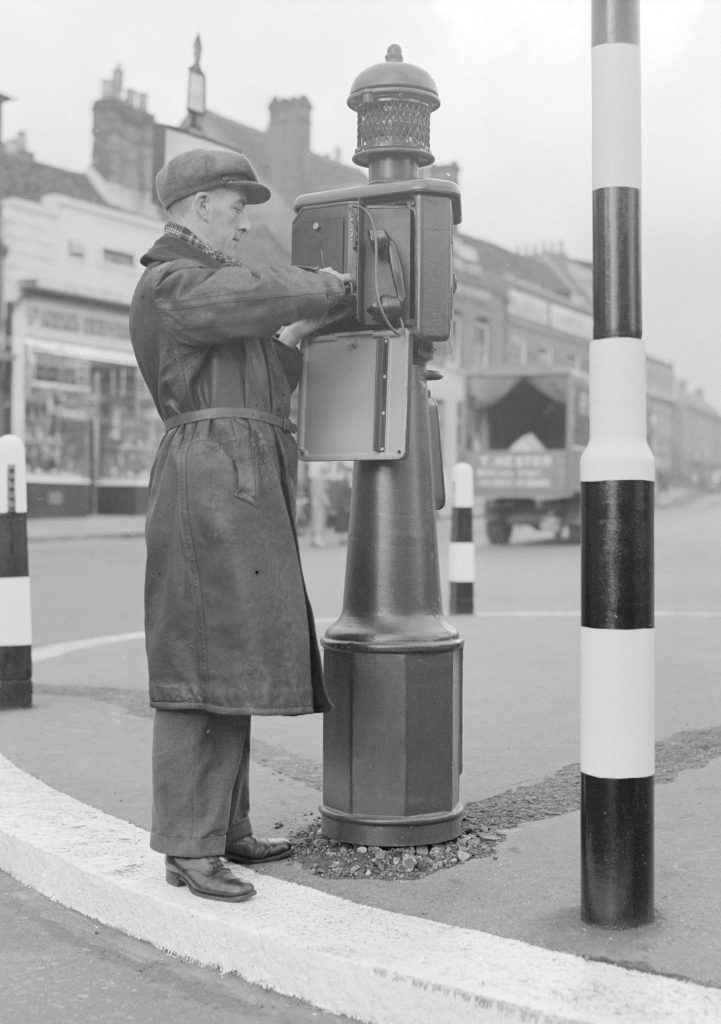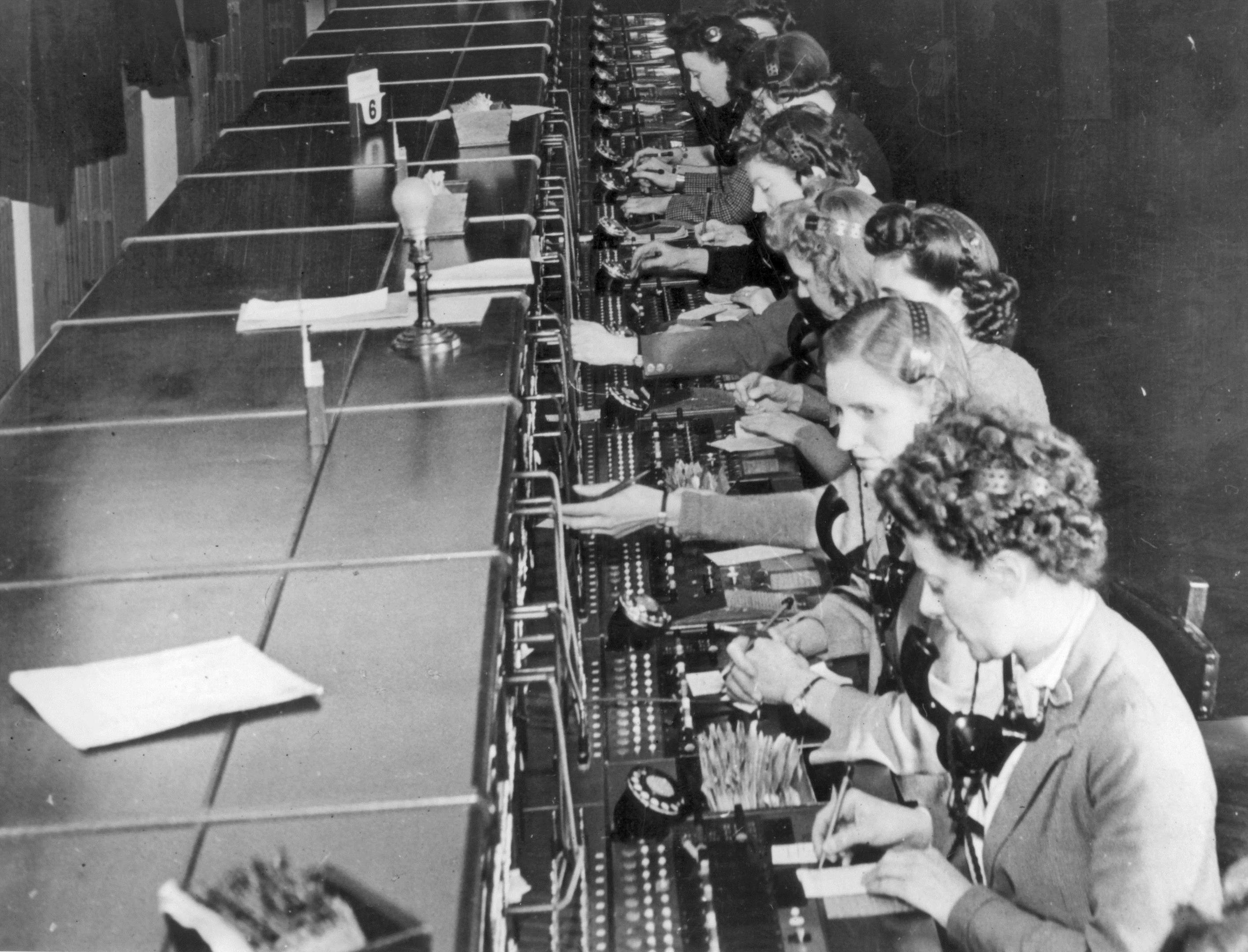
THE world’s oldest emergency service – 999 – is 80 years old today.
The last eight decades have seen the service expand from handling more than 1,000 calls in its first week of operation in London in 1937 to around 560,000 calls a week now – around 30 million calls a year, according to BT’s archives.
The service was launched following a fire at a London doctor’s surgery in November 1935 that resulted in five fatalities, and led to a committee set up by the government to look at how telephone operators could identify emergency calls.
The committee proposed that there should be a standard easy-to-remember nationwide number to alert the emergency services, first considering 707, which corresponded to the letters SOS on the telephone dial, and 333, but settling on 999 as the most practical number.
Initially, each 999 call triggered flashing red lights and hooters to alert exchange operators to give priority to the emergency call, but the hooters were so loud that the operators pushed a tennis ball into the horn to reduce the volume.
Glasgow was the second city to introduce the service in 1938, but the Second World War delayed the roll-out across the UK until it reached all major towns and cities by 1948.
Hoax or unnecessary calls were a feature of the 999 service from the very beginning, including a complaint about bagpipes being played outside a house and a dispute between a neighbour and the local coalman.
BT said more than 97% of calls are now answered within five seconds, with 62% of calls made by members of the public currently coming from mobile phones.
However, around 35% of calls do not involve actual requests for help, with the majority of these made by children playing with home phones or people accidentally dialling 999 or the European emergency number 112, often from a mobile handset in a pocket or handbag.
Peak times are around midnight on Friday and Saturday nights, when around 5,000 calls an hour are made to the service.
The early hours of New Year’s Day are traditionally the busiest time of the year, when up to 9,000 calls can be received each hour.
BT Ventures managing director Nick Hale said: “Recent events in the UK mean people are acutely aware of the work of the emergency services and the value of the 999 service.
“I am extremely proud of the BT operators and their role in 999. They are an extremely capable and committed team working at the sharp end of the most important communication services in the country.
“Countless lives have been saved over the last 80 years because of their professionalism and dedication.”

Enjoy the convenience of having The Sunday Post delivered as a digital ePaper straight to your smartphone, tablet or computer.
Subscribe for only £5.49 a month and enjoy all the benefits of the printed paper as a digital replica.
Subscribe